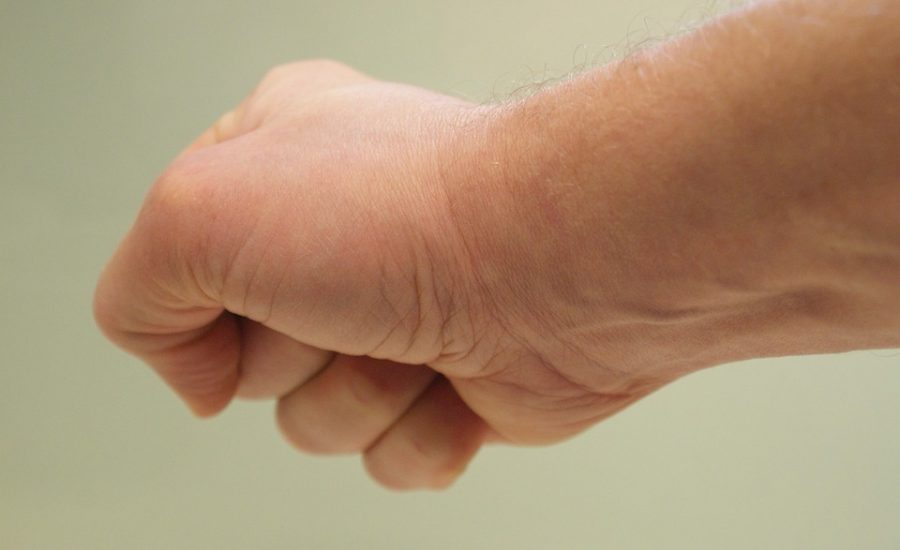In today’s fast-paced world, stress has become a common experience for many individuals. Whether it’s work-related pressures, personal challenges, or the overwhelming influx of information, managing stress is crucial for maintaining both mental and physical well-being. This comprehensive guide will delve into effective stress management techniques, empowering you to regain control over your life.
Understanding Stress
What is Stress?
Stress is the body’s natural response to perceived threats or challenges. It can manifest physically, emotionally, and mentally, affecting various aspects of your life. While a small amount of stress can motivate you, chronic stress can lead to serious health issues.
The Symptoms of Stress
Recognizing the signs of stress is the first step in managing it effectively. Common symptoms include:
- Physical: Headaches, fatigue, muscle tension, digestive issues
- Emotional: Anxiety, irritability, mood swings, feelings of helplessness
- Behavioral: Changes in sleep patterns, reduced productivity, social withdrawal
The Importance of Stress Management
Effective stress management is not just about reducing stress; it’s about enhancing your quality of life. Properly addressing stress can lead to:
- Improved mental clarity
- Enhanced physical health
- Better relationships and communication
- Increased productivity
Techniques for Stress Management
Now that we’ve explored why stress management is crucial, let’s dive into some techniques that work.
H2: Mindfulness and Meditation
What is Mindfulness?
Mindfulness involves focusing on the present moment without judgment. This simple yet powerful technique can help you step back from stressors and gain perspective.
How to Practice Mindfulness:
-
Breathing Exercises:
- Take a few deep breaths.
- Concentrate on your breath entering and leaving your body.
-
Body Scan:
- Lie down in a comfortable position.
- Focus on each part of your body, from head to toe, observing any tension without judgment.
-
Guided Meditation:
- Use apps like Headspace or Calm for structured sessions.
H2: Physical Activity
The Connection Between Exercise and Stress Relief
Regular physical activity is a proven stress reliever. Exercise releases endorphins, which are natural mood lifters.
Best Forms of Exercise for Stress Management:
- Aerobic Activities: Running, cycling, dancing
- Yoga: Combines physical movement with mindfulness
- Strength Training: Boosts confidence and self-esteem
H2: Effective Time Management
Why Time Management Matters
Poor time management often leads to increased stress and feelings of being overwhelmed. By organizing your schedule, you can create a sense of control.
Time Management Strategies:
-
Prioritize Tasks:
- Use the Eisenhower Matrix to distinguish between urgent and important tasks.
-
Set Realistic Goals:
- Break large projects into smaller, manageable tasks.
-
Use Technology:
- Utilize apps like Todoist or Trello to keep track of your tasks.
H2: Building Healthy Relationships
Support Systems and Stress Relief
Strong relationships can act as a buffer against stress. Surrounding yourself with supportive friends and family can provide comfort and understanding.
Ways to Build and Maintain Relationships:
- Communicate Openly: Share your feelings and concerns.
- Engage in Activities Together: Spend time on common interests; this can strengthen bonds.
- Seek Help When Needed: Don’t hesitate to consider therapy or counseling for relationship issues.
H2: Healthy Lifestyle Choices
Diet and Stress Connection
What you eat can significantly affect your stress levels. A balanced diet rich in nutrients can enhance your mood and improve resilience.
Stress-Reducing Foods:
- Fruits and Vegetables: Rich in vitamins and antioxidants
- Whole Grains: Stabilize energy levels
- Lean Proteins: Promote neurotransmitter function
The Importance of Sleep
Quality sleep is essential for stress management. Lack of sleep can exacerbate stress and lead to a cycle of fatigue and anxiety.
H2: Professional Help
When to Seek Help
If stress becomes overwhelming and interferes with your daily life, it’s crucial to seek professional help. Therapists and counselors can offer guidance tailored to your specific needs.
Types of Professional Support:
- Cognitive Behavioral Therapy (CBT): Helps change negative thought patterns.
- Stress Management Workshops: Provide tools and techniques in a group setting.
- Support Groups: Sharing experiences with others can be therapeutic.
Conclusion
Stress is an inevitable part of life, but how you manage it can make all the difference. By incorporating the techniques outlined in this guide—mindfulness, physical activity, effective time management, healthy relationships, lifestyle choices, and professional help—you can take proactive steps toward a healthier, more balanced life.
Remember, the goal of stress management isn’t to completely eliminate stress but to develop healthy coping strategies that empower you to handle life’s challenges more effectively. Start incorporating these techniques today, and take the first step towards reclaiming your peace of mind.
Keywords to Focus On:
- Stress management
- Techniques for stress relief
- Mindfulness and meditation
- Healthy lifestyle choices
- Professional help for stress
By optimizing this blog article with relevant keywords, engaging content, and structured readability, you enhance its potential for higher search engine rankings, making it easier for readers seeking stress management techniques to find actionable solutions.








 Weight Loss, Unlocked.
Weight Loss, Unlocked.